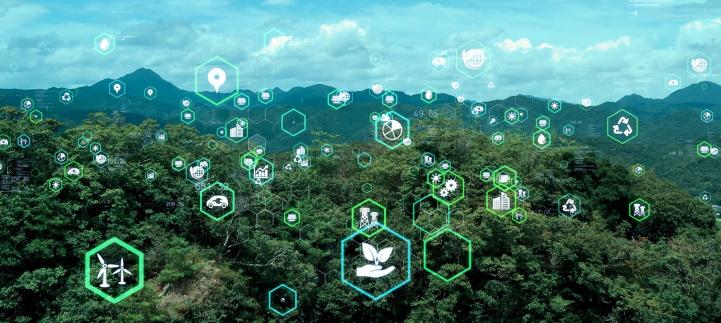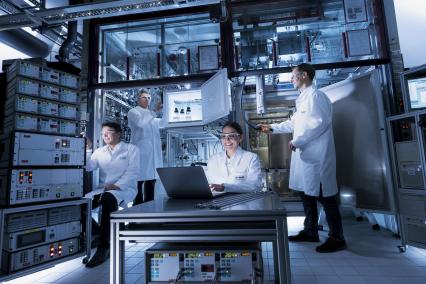
ACI is challenging companies in the cleaning products industry and supporting supply chain to align their corporate climate strategy and targets with the 1.5°C ambition, which strives to reach net-zero global emissions by 2050.
Seventeen ACI members have already stepped up to the challenge with bold, science-based commitments. These case studies highlight just a few of the ways companies are working to make those commitments a reality.

BASF is combatting climate change through research and development invested in new technologies, energy efficiency during the production process and more sustainable sourcing of raw materials.

Ecolab, a recognized global leader in water, hygiene and infection prevention solutions, is helping combat climate change in its own operations and in its customers’ operations through technologies and smart water management solutions that help reduce emissions and achieve more efficient, sustainable operations.

Evonik continues to develop and market products whose use, compared to conventional alternatives, makes a positive contribution to reducing greenhouse gas emissions.

Henkel has stepped up to accelerate climate action by entering into a large-scale virtual power purchase agreement (VPPA) with energy provider Ørsted to create a new wind farm in Bee County, Texas.

IFF is taking on climate change with a multi-pronged strategy to minimize its carbon footprint and with the ambition to achieve net zero carbon emissions by 2040. Simultaneously, the company delivers innovative solutions that support its customers to meet their net-zero targets while enhancing everyday tasks like dishwashing and laundry.

Milliken’s science-based net-zero targets have been approved by the Science Based Targets initiative. Milliken will reach net-zero greenhouse gas emissions by 2050 from a 2018 baseline year.

Novonesis (Formerly Novozymes) is combating climate change by cutting its own greenhouse gas emissions in half by 2030, and by finding ways to reduce the energy use and emissions associated with a load of laundry.

Reckitt is combating climate change with ambitious plans to reduce its own carbon footprint and reach net zero carbon emissions by 2040, in part through sustainable product innovation.